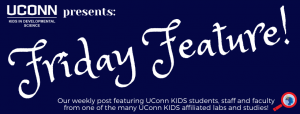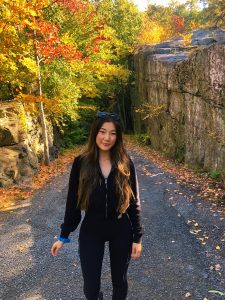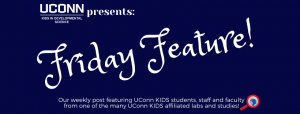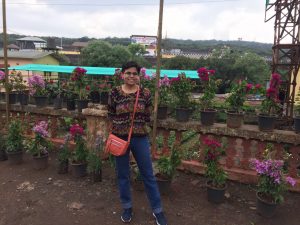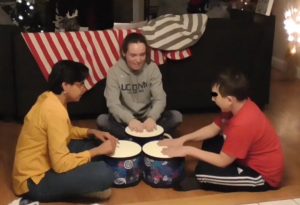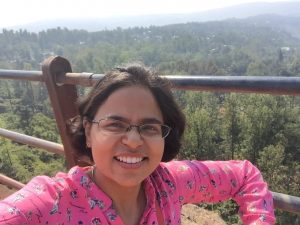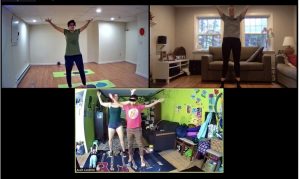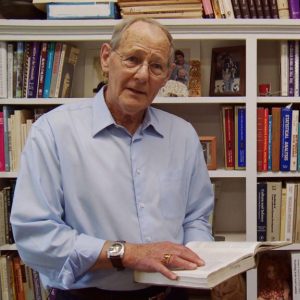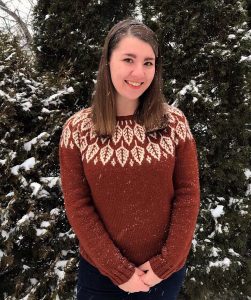What is your full name?
Emma Nguyen
What is your current status within your degree, what are you studying and who do you work with?
I am a doctoral student in Linguistics working with Dr. William Snyder.
Where were you before you started studying at UConn and what do you plan to do after graduating from UConn?
Before UConn, I received my BA in Linguistics at the University of Maryland. I am originally from Annapolis, Maryland. After graduation, I hope to continue in academia as a research scientist or professor at a university.
What are your research interests and why?
I am mainly interested in investigating how young children successfully acquire their first language and the factors that may impact learning. My research specifically explores how children’s knowledge of the passive voice in English is influenced by the meaning of the verb that is used. For example, children’s early success with a sentence like “Tom was surprised by Lucy” may be due to their understanding of the verb “surprise”.
By establishing a baseline for what typical language development looks like for mono-lingual children, we may be able to have a deeper understanding of language development in populations that are different from this, including bilingual children as well as children from clinical populations.
What are your favorite at home activities?
During this pandemic, I’ve been reading a lot of books! This is a great opportunity for me to explore new worlds when I can’t go outside. I recently finished the Percy Jackson books by Rick Riordan which reignited my long love for Greek and Roman mythology. I also love to knit, crochet, and embroider. I really enjoy making homemade gifts that I can give to family and friends. I have made a bunch of baby blankets already!
To find out more about the study Emma works with, please follow this link: https://pal.uconn.edu/
